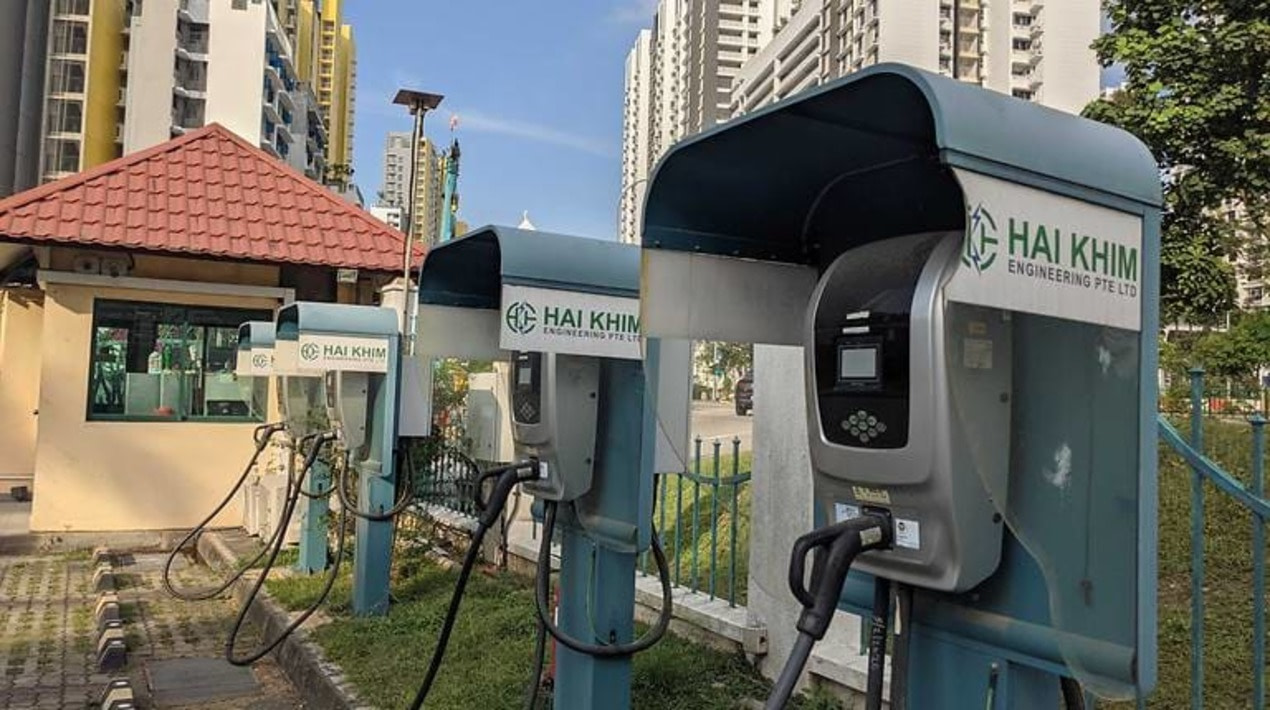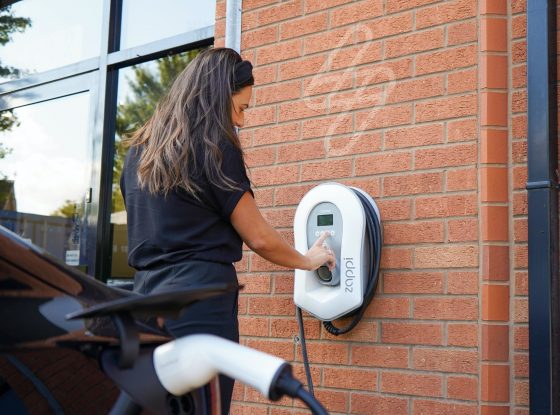Singapore gives electric vehicle programme a boost

As part of efforts to expand Singapore’s electric vehicle (EV) charging infrastructure, all Housing and Development Board (HDB) car parks in at least eight towns will be fitted with EV chargers by 2025. The aim is to make every HDB town an “EV-ready” town by the 2030s, said Transport Minister Ong Ye Kung.
The eight – Ang Mo Kio, Bedok, Choa Chu Kang, Jurong West, Punggol, Queenstown, Sembawang and the upcoming Tengah town – are part of a “town-centric” approach being taken for the installation of charging points, said Minister.
The towns were chosen as they are spread across Singapore and have a high concentration of car parks with an existing electrical capacity to support charging point deployment, said the Land Transport Authority (LTA). In the near term, charging points will be installed in a variety of public car parks island-wide where suitable and where there is spare electrical capacity, it added.
The agency noted that the first tender for charging points – more than 600 of them at about 200 public car parks – was issued by the Urban Redevelopment Authority (URA) and LTA last year. Accordingly, an industry consultation on the private sector’s participation in public charger deployment will be launched later. The agency assumes one-third of cars are EVs by 2030, so this translates into an EV to charging point ratio of about 5:1, noting that estimates of the optimum ratio between EVs and charging points range from five to 10 vehicles per point.
For the national public charging standards, Minister also said that the country has settled on Type 2 for AC charging and CCS 2 for DC or fast charging. With a range of about 400km to 500km per charge, a typical EV user would need to charge about once every five days, adding that charging points would need to be shared, especially in public car parks. That way, the Government will be able to minimise electrical infrastructure upgrades and tap on the spare electrical capacity in all public car parks and install charging points as quickly as possible.
Accordingly, a new EV Common Charger Grant will be introduced to kickstart the expansion of shared charging infrastructure in existing “non-landed private residences” such as condominiums. To be administered by the LTA, the grant will co-fund the installation of 2,000 chargers in such residences between July this year and December 2023, subject to a cap. This requirement will be imposed in due course on new private developments, as well as existing buildings undergoing major redevelopment, LTA said, adding that more details will be released later.
Moreover, a new National Electric Vehicle Centre (NEVC), set up under the LTA, will also lead the drive to promote wider EV adoption. In addition to planning for the expansion of the nationwide EV charging infrastructure, NEVC will also lead efforts to review EV regulations and standards and develop a robust EV ecosystem in Singapore, said the agency.
The new centres will work with partners to equip the workforce with new capabilities, anchor new EV-related activities in the country, and facilitate the safe and innovative development of new EV-related technologies, it added.
As reported by OpenGov Asia, these recent developments are in line with the Government’s mission to further encourage the adoption of shifting from traditional petrol-fuelled vehicles to electric vehicles or EVs. The Government will allocate S$30 million for projects and initiatives supporting the shift. They will also introduce more incentives to narrow the “cost differential” between electric cars and internal combustion engine cars, announced Finance Minister Heng Swee Keat in his Budget speech.
Source : opengovasia.com



